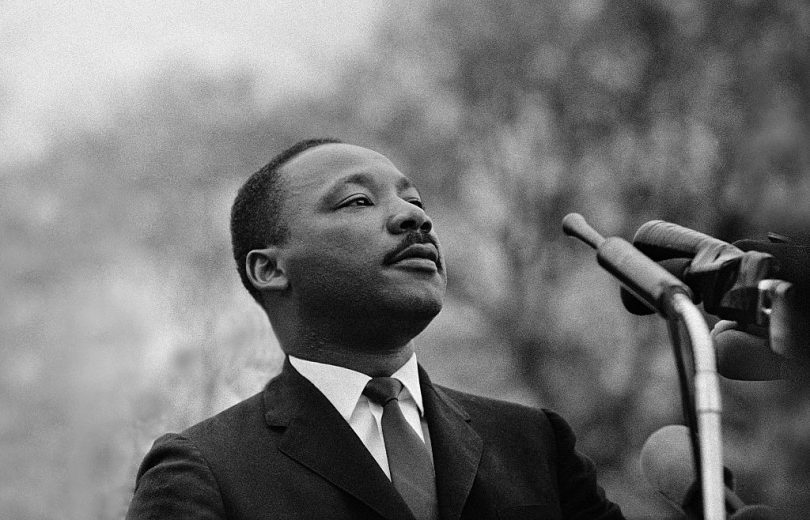Next week, the nation will observe Martin Luther King Jr. Day. It is a federal observance that honors the birth of civil rights leader Rev. Dr. Martin Luther King Jr. and provides a platform for organizations to communicate their commitment to his fight for equity and freedom for all Americans.
Organizations and individuals celebrate this observance by volunteering in communities as part of the MLK Day of Service. However, more often, we mark the day by flooding social media, blogs and websites with well-known, inspiring quotations from Dr. King’s speeches, sermons and writings.
While inspiring, that approach may fall flat this year. Why?
So much has happened since the last MLK Day — the COVID-19 pandemic, the racial justice movement, rising unemployment, a contentious election season and more. Most of these crises have disproportionately impacted BIPOC communities — the same communities at the center of Dr. King’s work.
As we heard during the height of the racial justice movement in 2020, BIPOC communities and their allies want less words, and more action. The time for sharing platitudes or words of support has passed. Today, our audiences are interested in what organizations are going to do in response to inequities within their companies, as well as in the communities that they serve.
The scrutiny of the MLK quotes shared this observance will be much higher, and followers, supporters, donors and employees will be reading between the quotation lines and calling out whether Dr. King’s statement aligns with organizations’ actions.
As we recommended when sharing messages in response to the Black Lives Matter dialogue, consider the following when selecting and elevating Dr. King’s words and ideas in digital content:
- Align Dr. King’s quotations to diversity, equity and inclusion components in your organization’s mission and values. Promote MLK Day-related quotations, messages and content that best represent your organization’s DEI considerations and actions.
- Be authentic in messaging accompanying MLK Day content. To build credibility (and quiet critics), state honestly how your DEI structure and actions within the organization align to Dr. King’s statement. Be open about shortfalls related to racial equity as well as action plans to address them.
- Be transparent and share action steps to fulfill Dr. King’s equity and justice dreams. Don’t overstate where your organization is on the DEI spectrum. Be clear in messaging regarding strengths, weaknesses, opportunities and threats when communicating about the issues at the core of the ongoing civil rights movement. Dr. King understood that change takes time; reflect where you are now and outline the DEI action steps your organization will be taking.
- Make MLK Day a day of action for your organization’s communications. When sharing content on MLK Day this year and other cultural observances throughout the year, consider what your organization is sharing. Demonstrate in your content and messages that you understand that BIPOC and other vulnerable communities need more action and not just statements of support.
- Consider and promote clear commitments for taking DEI-related actions and policy changes as an organization and share as part of these social justice conversations.
Dr. King once said: “Life’s most persistent and urgent question is, ‘What are you doing for others?’”
When our audiences consider that question as we celebrate the man and legacy of Dr. King in our content marking the 2021 observance, make sure that the answer is authentic, transparent and aligns with your organizational mission and values.
PRSA member Crystal Borde is vice president and diversity + inclusion practice lead at Vanguard Communications in Washington, D.C. This is a modified version of a post that first appeared on Vanguard’s In Practice blog.
[Photo credit: Stephen F. Somerstein]






